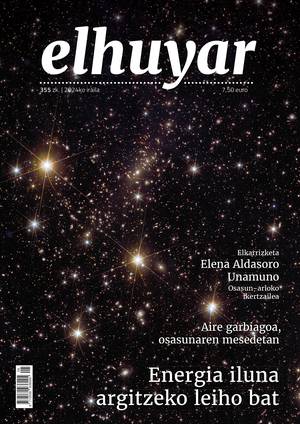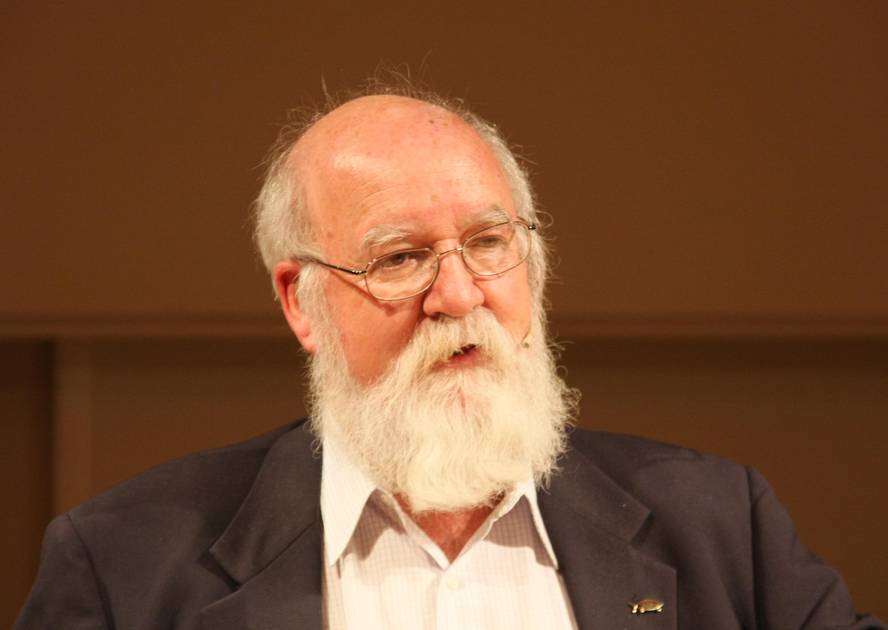Daniel Dennnett: Are there words?
“In our ontology words exist and what are they? ; they are memes that you can hear the words,” Dennette replied. Professor of philosophy at Tufts University in the United States and director of the Center for Cognitive Research in the United States, Daniel Dennett is also a prestigious and “media” philosopher. In his speech today he defended that human culture is as natural as the human body, and explained with examples and metaphors how he understands this.
He jumped from words to languages and talked about viruses: “Languages are as natural as viruses,” he said, “and viruses are clean products of natural selection even if they are not alive.” The virus has defined it as a succession of nucleic acids that behave a behavior.
Then you have placed a photo of a Heat Station and another of Gaudí's Sagrada Familia. These are constructions created by living beings that are very similar to each other, even if they are the result of very different processes. Gaudi’s work is the result of a “Top-down” process, a “Bottom-up” process, “the two processes are very different, but the two are biological,” he has argued, and “the challenge is to explain how these occur.”
Motif and design defense
According to Dennett, the reasons are behind one construction and another, both have been motivated, although in the first they are not represented in the brain of termites, and in the second they exist in Gauden. However, not being represented does not mean that causes do not exist; Dennette calls them “rational floating freely.” “We have to talk about causes, whether or not they are represented in the brain, as there is usually a reason for things to be as they are. We also do things guided by unrepresented motives.” How many animals are so clever?, ask below: “It’s a very interesting empirical question.”
He then talked about apparent design and design. “In this matter I don’t agree with my friend Richard Dawkins,” he said, “it’s a matter of tactics and my choice is another.” Dennette argues that what makes evolution millions of years is design, not apparent design, “it is a beautiful design, but it has nothing but an intelligent designer.” “We are the first intelligent designers of the tree of life and human culture itself is one of the fruits of the tree of life,” he concluded.
Dennett has argued that the evolutions of words, memes and human culture can be explained through analogous mechanisms of biological selection, and that “rational freely floating” exist behind the evolution of all of them: unrepresented causes that are (still) subjects of natural selection.
The brain is like java applets
To end the talk, Dennett has talked about the brain and has enthusiastically defended that the brain is a computer. “What is the brain? A washing machine? A filter? Brains are computers!” he smiles, “but not like those we build.” For Dennett the problem is analogy, lack of imagination, and therefore, by exercising imagination, he has compared brain software with Java language applets. They work on “all” platforms and don’t need to know all the hardware details to do so.
Words exist and if we consider the brain to be software, then words are virtual machines; words are products of evolution that are installed by repetition.
X. The International Ontology Congress will conclude on Saturday at the closing ceremony that will take place in Chillida Leku, and Daniel Dennett will again perform alongside Nobel Prize in Physics Frank Wilcz. Dennette will talk about the election in his lecture “Free will is not an ilcluon, and it doesn’t on physics”.






